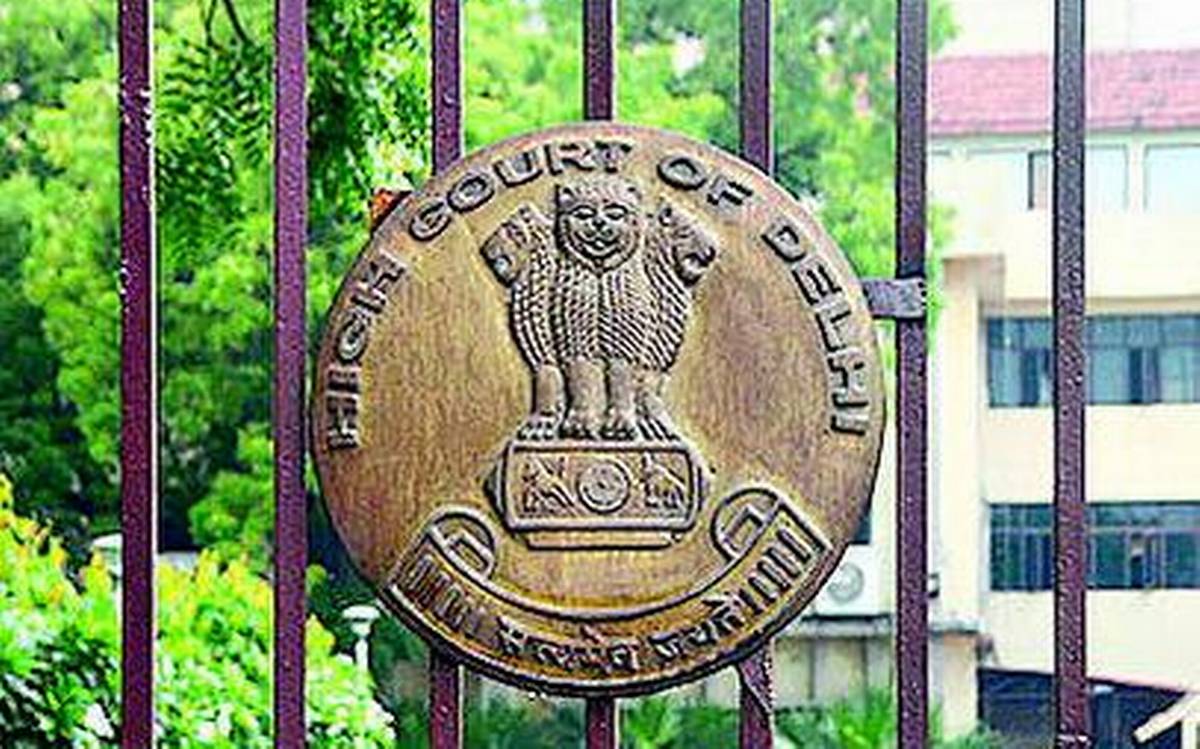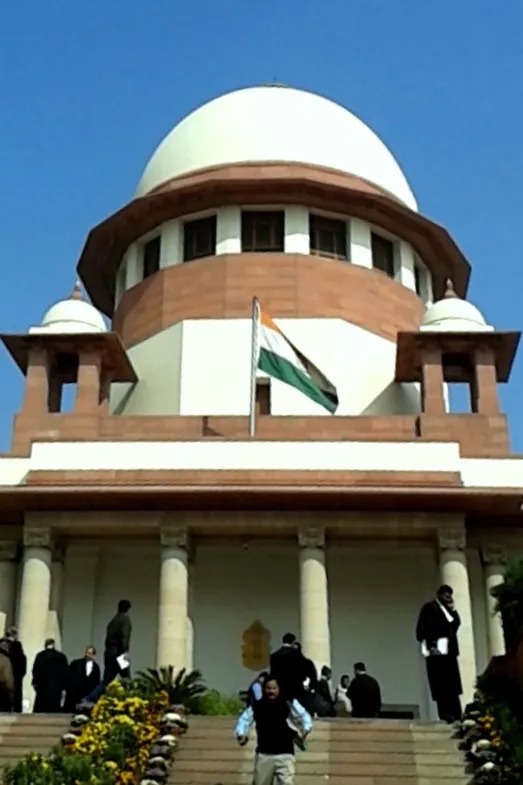S.S. Satheesachandran, J.@mdashAppellant is the claimant in OP(MV) No. 1164 of 2003 on the file of the Motor Accidents Claims Tribunal, Irinjalakuda. Appellant, a minor, prosecuted the claim, and also this appeal, through his next friend, his father. Minor claimant sustained injuries in a motor accident involving a motor cycle No. KL.8/T 3655 ridden and owned by first respondent and insured with second respondent. Rider and owner, first respondent remained ex-parte, and claim was resisted by second respondent insurer. Among other contentions, liability to indemnify first respondent, owner of the vehicle, was disputed by insurer. While admitting policy insurer contended that first respondent had no valid driving licence at the time of occurrence. Tribunal, on materials placed, found merit in the contention raised that first respondent had no effective driving licence to ride motor vehicle. Assessing compensation payable to claimant at Rs. 12,800/- an award was passed directing first respondent to pay the sum exonerating second respondent (insurer) from the liability to indemnify the owner of the vehicle. In appeal challenges are raised against quantum and also the finding entered by Tribunal exonerating insurer from liability.
2. I heard learned counsel for appellant and also learned counsel for second respondent insurer. I do not find merit in the challenge against the quantum fixed. Certificate issued by a doctor, assessing permanent disability of claimant 8%, has been produced in the appeal. After looking into the materials covered by the case with the injuries suffered by claimant in the occurrence, I do not find any merit in that certificate. I find claimant has been awarded just and reasonable compensation by Tribunal for the loss and injuries sustained. No case has been made out for any enhanced compensation to the claimant.
3. Learned counsel for claimant adverting to the statutory provisions in the Motor Vehicles Act contended that challenges raised by insurer that the rider of vehicle had no effective driving licence would enable it only in showing that there was a policy violation, and, that would not exonerate it from the liability to deposit the compensation when the vehicle involved was covered by its policy. Insurer in such a case can claim only a right to recover compensation, after its deposit before Tribunal, from insured, owner of vehicle, is the submission of counsel. Having regard to the statutory provisions under the Motor Vehicles Act, I find that breach of policy condition canvassed by insurer cannot absolve it from its liability to pay compensation to third party. Of course, on such deposit it can recover the sum from insured. A policy issued over a motor vehicle is intended to cover the risk arising from use of the vehicle in a public place, and, when such use results in causing injury to a third party, even if there is any breach of policy, insurer has to satisfy the claim of such third party. Tribunal has exonerated insurer fixing liability on first respondent insured alone directing him to deposit the compensation to the claimant. In modification of that order of Tribunal it is ordered compensation fixed shall be deposited by insurer before Tribunal within one month from today. On such deposit, insurer can recover the sum from first respondent.
4. Having regard to the circumstances presented where the accident occurred long ago direction issued by Tribunal for retention of a portion of compensation awarded in deposit shall stand vacated. On the minor claimant attaining majority, and, satisfaction and recording of his majority, the tribunal shall release the compensation to him.
Appeal is partly allowed as above.

